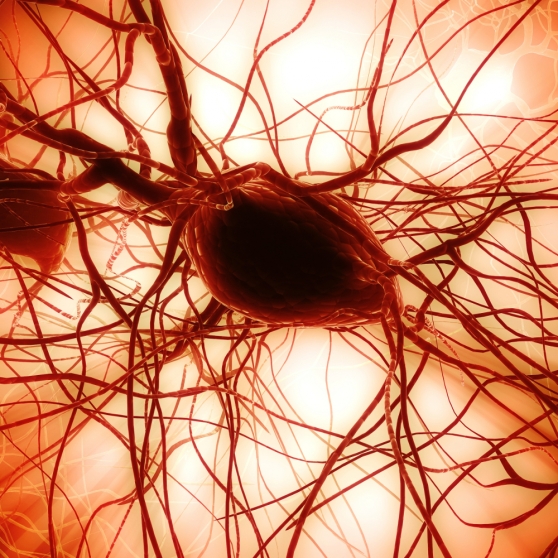Understanding Autoimmune Disorders
Multiple sclerosis (MS) is a chronic autoimmune disorder in which the immune system attacks the protective layer (myelin sheath) that surrounds nerve cells in the brain. Damage to this layer can interfere with the communication between the brain and other areas of the body, leading to a wide variety of symptoms, including numbness, weakness in the limbs, dizziness, tremors and fatigue. These symptoms can come and go in cycles and differ based on the severity of the condition. Women are twice as likely as men to develop MS, with the typical age of onset occurring between 20 and 40.
Reviewed by:
Review Date:
April 17, 2014Citation:
Centers for Disease Control and Prevention, “Women and Autoimmune Diseases” National Library of Medicine, "Autoimmune disorders" AARDA, "Autoimmune Disease in Women" Journal Of Autoimmunity, "Gender as risk factor for autoimmune diseases." American Journal Of Epidemiology, "Are individuals with an autoimmune disease at higher risk of a second autoimmune disorder?" JAMA Psychiatry, "Autoimmune diseases and severe infections as risk factors for mood disorders: a nationwide study." Harvard Health Blog, "Infection, autoimmune disease linked to depression" WomensHealth.gov, "Autoimmune diseases fact sheet" Mayo Clinic, "Multiple sclerosis Definition" Mayo Clinic, "Rheumatoid arthritis Definition" Mayo Clinic, "Inflammatory bowel disease (IBD) Definition" Mayo Clinic, "Irritable bowel syndrome Causes" Mayo Clinic, "Type 1 diabetes Definition" Mayo Clinic, "Celiac disease Definition" National Psoriasis Foundation, "Psoriasis statistics, prevalance, severity, age of onset and Psoriasis research" Mayo Clinic, "Psoriasis Definition" Courtesy of Monkey Business Images | Dreamstime Courtesy of Photobee | Dreamstime Courtesy of Monkey Business Images | Dreamstime Courtesy of Citalliance | Dreamstime Courtesy of Drti | Dreamstime Courtesy of Sebastian Kaulitzki | Dreamstime Courtesy of Aliced | Dreamstime Courtesy of Ana Blazic Pavlovic | Dreamstime Courtesy of Alexander Raths | Dreamstime Courtesy of Dusan Zidar | Dreamstime Courtesy of Bjorn Hovdal | Dreamstime
Last Updated:
July 1, 2014
